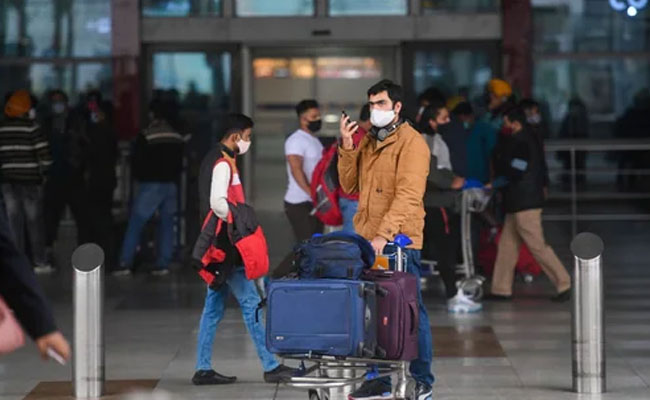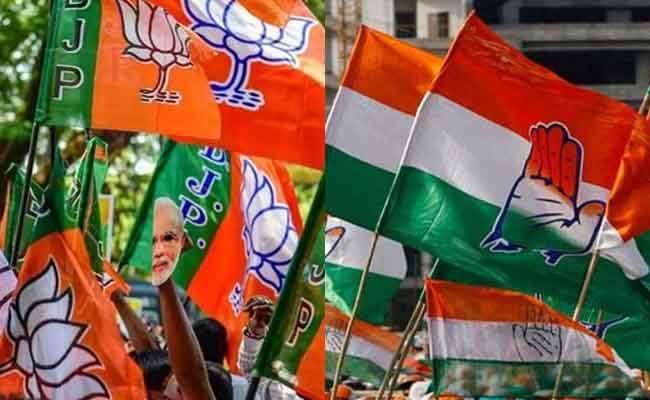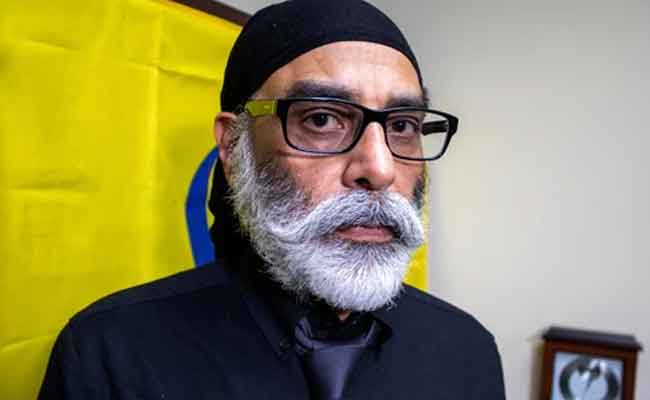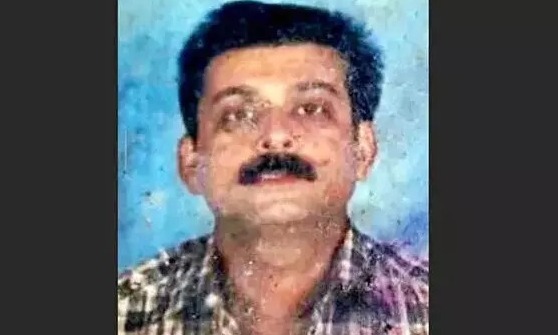New Delhi (PTI): Prevent highly intoxicated travellers from boarding the aircraft, limit alcohol intake, instal CCTV cameras and sensitise staff about sexual harassment are part of the detailed guidelines given by DCW to the aviation regulator amid rising incidents of unruly passengers on flights.
In a letter to the Directorate General of Civil Aviation (DGCA), the Delhi Commission for Women said it has observed increasing incidents of disruptive and unruly passengers on flights in recent months, adding such incidents are extremely unpleasant and traumatising for the passengers.
"Media has reported recent cases of harassment and misconduct by passengers in two flights, one on November 26, 2022 in which a man reportedly flashed his private part and urinated on a 70-year-old woman in an Air India flight from New York to New Delhi and another on December 6, 2022, in which a man again urinated on the seat of his fellow woman passenger on an Air India flight from Paris to New Delhi. It has been reported that both these men were in a highly inebriated state," the panel said.
It said it has taken suo-moto cognizance of these incidents and issued a notice to DGCA, seeking details of the action taken by them along with the guidelines issued by the regulator to airlines for tackling such cases.
"In response, the panel was provided a copy of certain guidelines by DGCA along with a copy of the advisory issued by DGCA dated January 1, 2023 to be followed by all airlines.
"Upon examining the guidelines and the advisory, the commission has observed that these do not provide specific instructions to airlines to properly handle, report, and redress cases of sexual harassment of female passengers at airport or on flights. Further, they don't list out any steps to deal with highly intoxicated passengers," it noted.
The commission has drafted detailed recommendations on the amendments that should be made to the prevalent guidelines so that cases of sexual harassment and unruly behaviour are dealt with strictly on flights and in airports.
The recommendations include action against highly intoxicated persons, including preventing such persons from boarding the aircraft, protocols to handle such passengers on plane and severely limiting alcohol intake on flights.
It has also proposed action against persons indulging in sexual harassment on flights. These include registration of FIR against the offender, setting up an independent committee to probe the complaints of sexual harassment from passengers headed by a retired woman judge, increasing punishment against such passengers including increasing time period for which they can be put on no-fly list from six months to two years, sensitising airline staff and setting up protocols for using restraining devices on passengers indulging in sexual harassment in case all other means of stopping him on flights fail.
The panel also noted that the crime of sexual harassment is simply treated as an unruly behaviour' by the DGCA guidelines.
"This is unacceptable as it belittles the trauma faced by sexual harassment survivors and prevents proper handling of such cases," it said.
The commission has therefore recommended creation of separate category for crimes of sexual harassment.
In the guidelines, it has also proposed setting up mechanisms to raise an alarm on flights, CCTVs to be installed in aircraft and announcements and brochures against sexual harassment in flights.
The commission has also proposed stronger action to be taken against airline and crew members for failure to implement a zero-tolerance policy on sexual harassment.
It has also sought greater accountability from airlines and DGCA in this regard and has recommended that a monthly report should be shared by DGCA with the Ministry of Civil Aviation on the sexual harassment cases reported on flights and in airports as well as action taken against them.
The Delhi Commission for Women has sought an action-taken report in the matter within 30 days.
Let the Truth be known. If you read VB and like VB, please be a VB Supporter and Help us deliver the Truth to one and all.
Ahmedabad (PTI): Political parties may claim that the caste arithmetic does not play a role in candidate selection but analysts say it is still a major factor in Gujarat, even though urbanisation has weakened caste identities in some parts of the state.
In rural areas, however, caste is still a dominant factor, they said.
Patidars constitute 11-12 per cent of Gujarat's 6.5-crore population and Other Backward Classes (OBCs), scattered across many sub-communities including Thakors in north and Kolis in central Gujarat and Saurashtra, constitute around 40 per cent.
The BJP has fielded six Patidars, seven OBCs and three Kolis. The Congress and the AAP, part of the opposition INDIA alliance, have fielded six Patidars, seven OBCs and two Kolis.
Vidyut Joshi, sociologist and former vice-chancellor of Bhavnagar University, told PTI that Gujarat's first four chief ministers were either Brahmin or Vanik.
Patidars entered the political scene after the 70s when Chimanbhai Patel became the chief minister in 1973, he said.
"Caste is an identity. The caste factor is considered in the selection of candidates. It cannot be discarded. Today, caste and class go hand-in-hand. The candidate should be from a well-to-do background along with being from a specific caste," Joshi said.
Rural voters prefer candidates from their caste as they feel it becomes easier to approach them for work after the polls, he said.
Political analyst Amit Dholakia said the caste effect is diminishing in central and south Gujarat's urban pockets like Ahmedabad and Vadodara but it is still a dominant factor in rural areas like Saurashtra and north Gujarat.
"Candidates have won from seats where their caste was not dominant. Urbanisation plays an important role in weakening caste identities and bringing forward other issues. In rural areas, particularly Saurashtra and north Gujarat, caste still plays an important role in politics," said Dholakia, a political science professor at the Vadodara-based M S University.
Earlier, candidates directly appealed to people of their caste to vote for them. Now, the appeal revolves either around Hindutva or Prime Minister Narendra Modi's development agenda, he said.
Dholakia further said, "The BJP wants to create a consolidated Hindu vote by blurring caste identities, while the INDIA alliance thinks Hindutva-centric politics can be countered by strengthening caste identities."
One of the main reasons the Congress was defeated in Gujarat was the weakening of caste identities, at least in urban pockets, he claimed.
"Caste is a factor in the selection of candidates, especially in Saurashtra. Patidars are still a force to reckon with but other castes, especially Kshatriyas, are losing dominance. We cannot discard the caste factor but it is getting weak, mainly because of the rise of Hindutva-centric politics," he said.
Rajkot-based political analyst Jagdish Mehta said in Saurashtra and Kutch regions, having eight Lok Sabha seats, caste was not a dominant factor before the 1990s.
The parties used to select candidates known for their work or based on their backgrounds, like heirs of erstwhile rulers, he said.
"Prior to the 80s, majority of the winners in the Saurashtra region belonged to different castes and got elected because of their personal image and social connect. After the BJP's entry, caste suddenly became the most important factor in the selection of candidates," he claimed.
The BJP talks about politics of development but it takes the caste factor into consideration during candidate selection. It is evident that the BJP selects candidates from dominant castes, Mehta further claimed.
"Though a candidate's caste should be the last factor, it has become the main factor now," he added.
Gujarat BJP spokesperson Yamal Vyas, however, doesn't fully agree.
"We don't give a lot of importance to caste. We try to maintain a balance. What matters is a candidate's commitment to the party, ability to win and educational qualification," said Vyas.
Instead of just relying on the caste factor, the BJP undertakes an elaborate "sense exercise" wherein party observers visit every constituency, meet local leaders and poll aspirants to prepare a list of probable candidates, which is then sent to the party leadership for the final announcement, he said.
State Congress spokesperson Manish Doshi said the onus is also on the voters because if they keep rejecting well-qualified and deserving candidates, parties will shift focus to other selection criteria like caste as ultimately victory matters.
"Parties usually keep social engineering in mind while selecting a candidate. The Congress also takes into consideration educational qualifications, mass connect, ability to understand local issues and popularity (of a candidate)," he said, citing Congress' Banaskantha candidate Geniben Thakor and Rajkot candidate Paresh Dhanani as examples.
"Ultimately, our selection is based on the choice of voters. We have seen in the past how candidates like T N Seshan lost, some struggled to save deposits, and how non-corrupt and upright former government officers lost polls. This creates pressure on parties to look for winnability, not quality of candidates," said Doshi.
In the 1999 Lok Sabha polls, Congress nominee and former chief election commissioner Seshan, credited with transforming the Election Commission in the 1990s, lost to BJP veteran L K Advani from Gandhinagar Lok Sabha seat.





